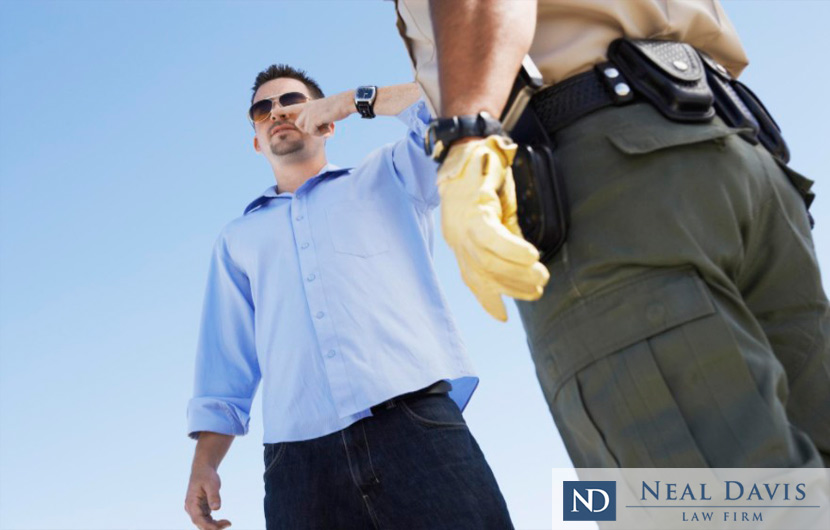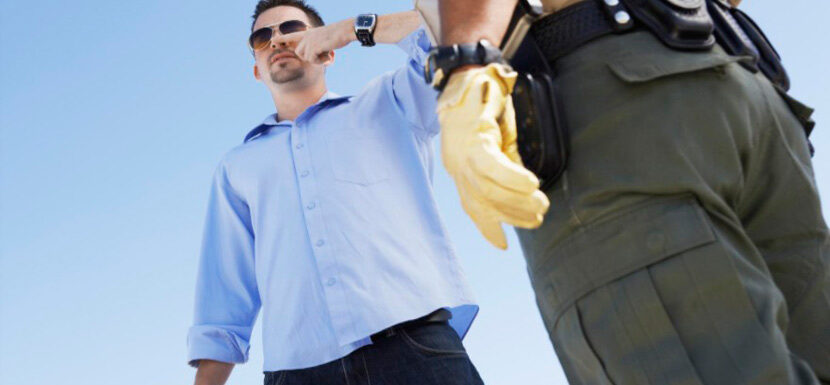
Did you know you or your defense attorney can challenge DWI breathalyzer test results — as well as blood test results — after a DWI arrest in Houston, Harris County, Fort Bend County or Montgomery County?
But first, you should understand that a failed breathalyzer or blood test indicates that your blood alcohol content (BAC) was .08 percent or higher. Such a test result can get you charged with drunk driving — or in Texas what’s known as driving while intoxicated (DWI) or driving under the influence (DUI).
DWI Testing Methods Aren’t Perfect
Blood or breath tests to measure alcohol intake are usually given on the site of a DWI arrest or perhaps soon afterward at a jail, hospital or other facility. They’re often given after a field sobriety test, when the suspect is asked to do such things such as stand on one leg or walk in a straight line, which would be difficult for an intoxicated person to do.
If the suspect fails a field sobriety test, the arresting officer may request a blood or breathalyzer test to scientifically measure the suspect’s BAC. Refusing such a test in Texas can lead to immediate suspension of your driver’s license for up to 180 days. It also can lead to your arrest, but not necessarily since the lack of a test results means a lack of proof other than an officer’s observations.
Even with a test taken, law enforcement have to meet the burden of proof since field and chemical tests aren’t always accurate. They can display a “false positive,” meaning the wrong results. That means your DWI defense attorney can challenge their accuracy.
DWI Defense Strategies
The breathalyzer is one of two devices used to conduct such tests in Texas. The other is the intoxilyzer. Whether you were given a breathalyzer or an intoxilyzer, your DWI defense lawyer can challenge their results based on the following factors:
- Lack of a search warrant to make a blood test
- Lack of probable cause to suspect you were driving while intoxicated
- Lack of proper training or qualifications of the person administering the test, especially when that person has little experience
- Too much time elapsing between the time you drank, the time you drove, and the time the sample was taken
- Lack of proper observation time before the test
- Inaccuracies in the blood or breath test equipment due to malfunctions or improper maintenance
Also, keep in mind that if an intoxilyzer was used to take a breath test, it may have been improperly calibrated, given the warmth of your breath. Warmer breath will produce a higher than actual BAC reading.
A breathalyzer must also be properly calibrated to ensure accurate results. If this wasn’t done recently, that may be a basis for challenging your DWI breath test result.
In addition, if you can prove you used mouthwash or some other alcohol-containing health product before the test, you can assert that the results were skewed.
Also, some people have health conditions which produce alcohol-like compounds, signifying heavy drinking even when it didn’t occur.
Contact an Experienced DWI Defense Attorney
As you can see, there are many ways to challenge the accuracy of a DWI breathalyzer, intoxilyzer or blood test result — ways which can protect your legal rights when you’ve been unjustly arrested for an intoxication offense.
Texas DWI punishments can be severe, especially in and around the Houston area. Contact the Neal Davis Law Firm today for a legal review of your case, and let’s get started defending your rights.

